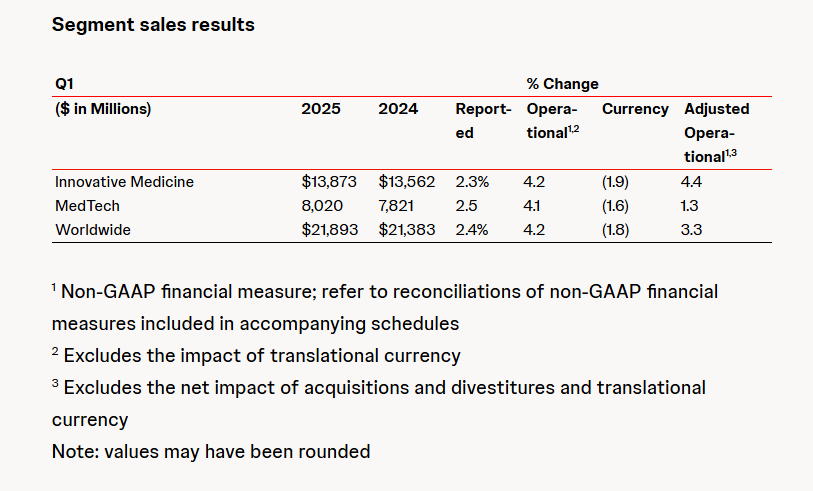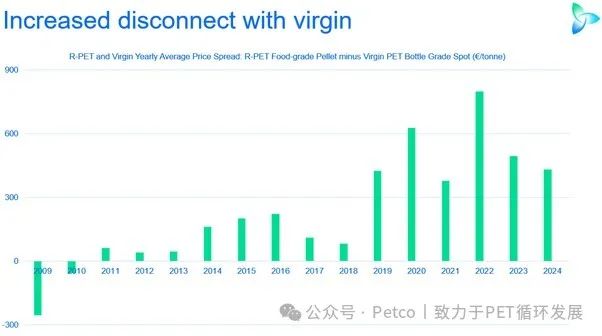Honeywell: Promoting More Sustainable Aviation Fuel and Plastic Recycling Projects to Land in China
On March 5, Yu Feng, President of Honeywell China, stated in an interview with multiple media outlets including The Paper that the company will focus on three major development areas this year: future aviation, energy transition, and automation. Through proactive talent strategies, the company aims to build an innovative elite team in China, driving continuous growth in its local business with localized innovation.
According to Yu, Honeywell is at the forefront of several technology fields, including energy management, carbon capture and storage, sustainable aviation fuel (SAF), and plastic recycling, and is accelerating the commercialization of these technologies in the Chinese market. Among them, the research and development and promotion of SAF are one of the key projects of the company.
Yu pointed out that although the aviation industry currently accounts for a small proportion of global carbon emissions, if no innovations are made, its share could significantly increase by 2050. Honeywell possesses the technology to convert waste such as used cooking oil and straw into SAF, but the supply of raw materials is limited. To address this, the company is exploring new pathways, such as using industrial CO2 emissions combined with green electricity to produce green methanol, which can then be further converted into SAF. This is seen as a significant market opportunity.
Last year, the SAF industry received policy support, with the Ministry of Finance and the State Taxation Administration canceling the export tax rebate policy for used cooking oil. Yu believes that this policy adjustment is crucial for promoting the development of the domestic SAF industry. He noted that a large amount of used cooking oil is still being exported, resources that should be fully utilized domestically to convert into green energy.
Honeywell is communicating with relevant government agencies, hoping to establish scientific testing methods for SAF to distinguish it from conventional jet fuel, ensuring more companies can benefit from green policies. Currently, Honeywell's technology has been applied in SAF production bases across multiple regions in China.
In terms of technological approaches, Honeywell predicts that the production of SAF in China will show a diversified trend to address issues such as raw material supply, production costs, and environmental impact. Data shows that SAF produced using Honeywell's technology can significantly reduce greenhouse gas emissions over its lifecycle.
In addition, Honeywell also owns UpCycle process technology, capable of converting waste plastics into raw materials for manufacturing new plastics. Yu expressed hope that this technology can be implemented in China, solving the country's plastic pollution problem while contributing to the global plastic recycling industry.
It is worth noting that the R&D team of Honeywell China plays a vital role in the company’s global innovation network. Yu emphasized that China is not only a huge market but also a significant force in global technological innovation. To meet the innovation needs of the Chinese market, Honeywell’s R&D personnel in China not only support global projects but also conduct research and development tailored to the Chinese market and customer needs, driving revenue growth from localized new products.
【Copyright and Disclaimer】The above information is collected and organized by PlastMatch. The copyright belongs to the original author. This article is reprinted for the purpose of providing more information, and it does not imply that PlastMatch endorses the views expressed in the article or guarantees its accuracy. If there are any errors in the source attribution or if your legitimate rights have been infringed, please contact us, and we will promptly correct or remove the content. If other media, websites, or individuals use the aforementioned content, they must clearly indicate the original source and origin of the work and assume legal responsibility on their own.
Most Popular
-

Overseas Highlights: PPG Establishes New Aerospace Coatings Plant in the US, Yizumi Turkey Company Officially Opens! Pepsi Adjusts Plastic Packaging Goals
-

Abbott and Johnson & Johnson: Global Medical Device Giants' Robust Performance and Strategies Amid Tariff Pressures
-

BYD releases 2024 ESG report: Paid taxes of 51 billion yuan, higher than its net profit for the year.
-

Behind pop mart's surging performance: The Plastics Industry Embraces a Revolution of High-End and Green Transformation
-

The price difference between recycled and virgin PET has led brands to be cautious in their procurement, even settling for the minimum requirements.



